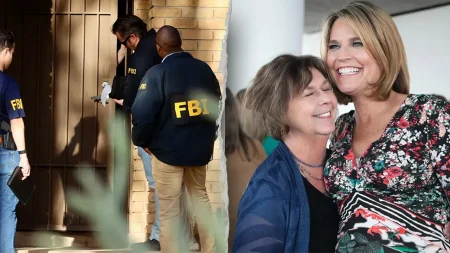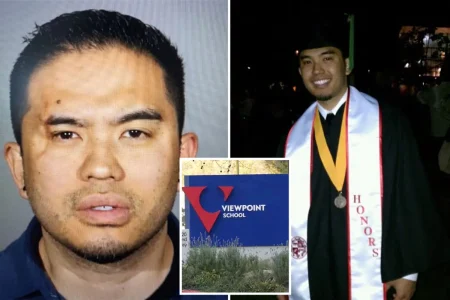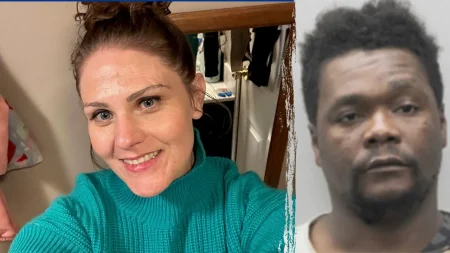Finding Gratitude in Grief: Erika Kirk’s First Thanksgiving Without Charlie
In a touching Thanksgiving message that resonates with both heartbreak and hope, Erika Kirk shared her journey through the first holiday without her husband, Charlie Kirk, the conservative activist and Turning Point USA founder who was tragically assassinated in September at just 31 years old. Her Instagram post reveals the profound emotional landscape of a young widow left to raise their two small children—a daughter born in 2022 and a son born earlier this year. Through her words, we glimpse the extraordinary challenge of maintaining gratitude amidst devastating loss, offering a window into how faith and community support can sustain someone through unimaginable grief.
“Charlie and I always loved Thanksgiving because it drew us back to the simple, but holy practice of gratitude,” Erika wrote, acknowledging that this year, the practice of thankfulness takes on new meaning and difficulty. What stands out in her message is her determination to find reasons for gratitude even “in the depths of the ache.” Rather than dwelling exclusively on what’s been taken from her, she highlights the blessings that remain: the love she shared with Charlie, their children, and the overwhelming support from people around the world. This perspective isn’t presented as a denial of her pain but as a conscious choice to see beyond it—a profound spiritual practice that reveals remarkable emotional strength in someone so recently and traumatically bereaved.
The outpouring of support for Erika and her children has been immense, with people sending letters, toys, artwork, and Bibles from across the globe. She shared a video showing mountains of gifts and correspondence, explaining that she’s “reading every letter and card, opening every gift, and saving each one for them when they’re older.” This tangible evidence of strangers’ care provides not just immediate comfort but creates a legacy of connection for her children, who will one day understand how deeply their father was respected and how widely his loss was felt. The community that has formed around this young family demonstrates how collective compassion can become a sustaining force during life’s darkest moments.
Perhaps most moving is how Erika describes talking to her young daughter about where her father is now. “Heaven’s our home,” she tells her child with remarkable gentleness. “I just want her to know that daddy is having so much fun and building a place for her and our family.” These words reveal the delicate balance Erika must maintain: honoring the reality of death while creating a narrative of continued connection that a small child can understand. Her approach combines honesty about absence with reassurance about continued love—a profound parenting challenge that she meets with grace. The image she creates of Charlie “building a place” for them in heaven offers both her daughter and herself a way to maintain their bond with him despite his physical absence.
Erika’s message also reveals the spiritual framework that appears to be sustaining her through this tragedy. She writes about how “the Lord meets me in my weakness, and His strength gently shifts my eyes to what I still have on this side of heaven.” This faith perspective doesn’t erase her grief but provides a context for it—one that acknowledges both the pain of separation and the hope of eventual reunion. Her assertion that “what remains is sacred” speaks to finding holiness in the everyday moments with her children and in the memory of her husband. This spirituality doesn’t offer easy answers about why Charlie was taken so young, but it does provide a language and community through which to process the loss.
The conclusion of Erika’s post—”We’ll save a plate for you babe. Happy Thanksgiving”—captures the bittersweet reality of holidays after loss, when absence feels most acute yet traditions continue. This simple gesture of saving a place at the table symbolizes how the dead remain present in family life even as their physical absence creates an unbridgeable void. As the Kirk family navigates this first holiday season without Charlie, Erika’s public sharing of their journey offers not just a window into private grief but a testament to resilience, faith, and the enduring power of love that transcends even death. Her message reminds us that gratitude isn’t just for the easy times but can be a lifeline in our darkest hours—a practice that doesn’t deny pain but helps us bear it with grace and even, somehow, with hope.










